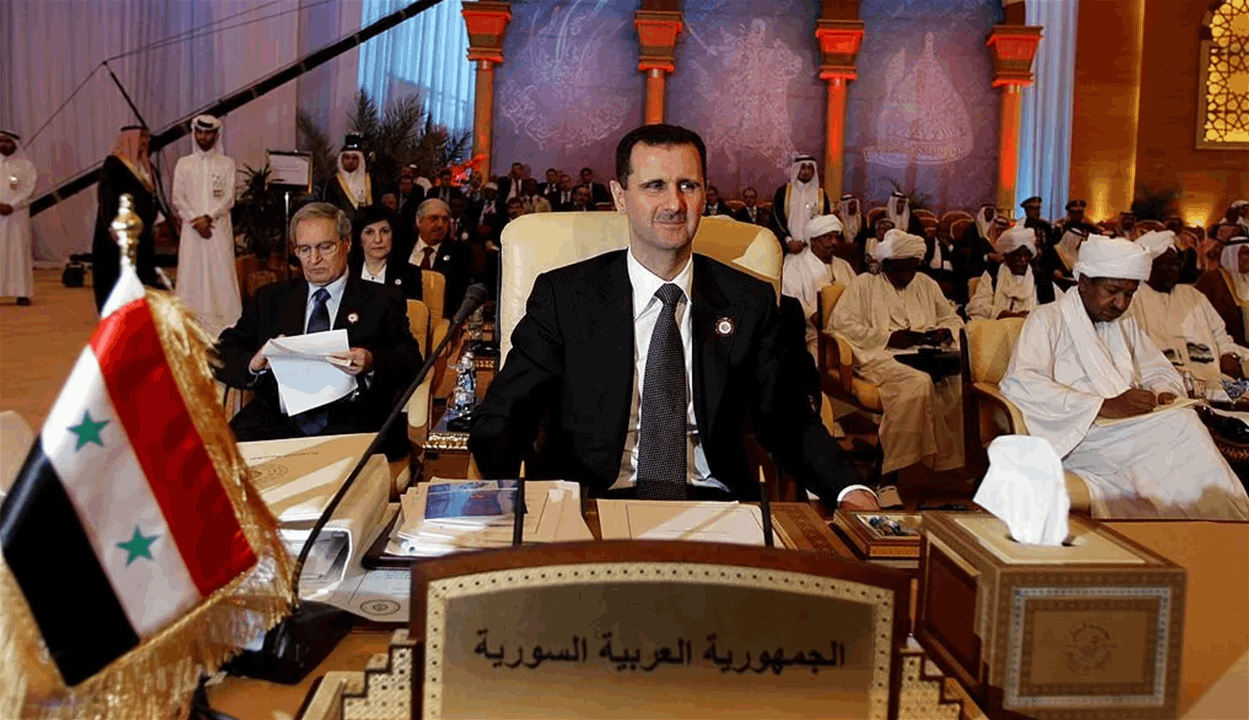Alwaght- Three months have gone since Syrian President Bashar al-Assad attended Arab League summit in Jeddah that marked an official end to 12 years of Arab hostility to the Syrian government.
While after this meeting a tangible progress in the level of cooperation and relations of Arab countries with Damascus was anticipated, what grabs the attention these days is the state of stagnation in the rapprochement process and even trade of criticism between the two sides. Saudi Arabia and other Arab countries still refrain from reopening their embassies in Damascus, showing that they have a long way to go before rebuilding the destructed trust of the past.
The Syrian government hoped that fresh atmosphere in relations with Arab countries would immediately show its effects both in the political and economic fields, and the Syrian people would see the results of the recent de-escalation in their living conditions, but contrary to this expectation in the last three months, no particular development was observed as the Syrian media started criticizing this situation and talking about the "zero results" of de-escalation despite all the sweet statements of the Arab countries.
In an interview with the Emirati-funded Sky News Arabia on August 9, al-Assad described Damascus' relations with the Arabs as "official" while accusing the Arab countries of having the mindset of "not providing practical solutions or practical ideas" for closer relationship.
“They like formal meetings and statements”, he added, meaning that there is a distance between reality and the claims of the Arab leaders for eliminating the differences and starting a new chapter in ties with Syria.
Also, after meeting his Saudi counterpart Faisal bin Farhan on June 13, Syrian Foreign Minister Faisal Mekdad made comments that could be interpreted as conveying Damascus’ disappointment with the lack of intention of the other side to fully restore past relationship. He maintained that Damascus took hundreds of steps towards what was wanted from it, but the other side took no steps. He urged the Arab countries to “show good will and stop starving Syrian people.”
Step-by-step peace initiative: A plan serving US interests
After confirming the return of Syria to the Arab League, the foreign ministers of the Arab countries announced the formation of a "ministerial contact and follow-up committee” to advance direct dialogue with the Syrian government in order to achieve a comprehensive solution to the Syrian crisis.
Though the committee’s members and details of duty were not announced, Petros Marjaneh, the head Foreign and Arab Relations Committee of the Syrian parliament, had earlier said that Jordanian Foreign Minister Ayman Safadi was tasked with following Syrian affairs in the Arab committee.
A few days after the Arab League summit, Safadi visited Damascus and announced an agreement with Syrian leaders for step-by-step approach.
Safadi announced issues such as the opening of borders of Syria with Jordan, Turkey and Lebanon, and most importantly, the case of refugees and their gradual return to Syria as the main parts of this agreement. Dealing with the Captagon pills which, according to the Arab and Western countries, are mass-produced in Syria and are smuggled to the Persian Gulf and Syria's neighbors is another demand by the Arab committee under step-by-step approach.
According to Egyptian Foreign Minister Sameh Shoukry, in addition to refugees case the meeting also stressed the need to resume work of the Constitution Committee, a platform meant to review Syrian constitution.
According to the Arab media, the committee has held at least one meeting, on May 15, and Al-Hurra news, citing editor-in-chief of Al-Ahram newspaper Ashraf Al-Ashry, reported that another meeting is scheduled for early September at foreign ministerial level to review the progress made by this committee.
These demands, especially the interventionist demand for reactivation of the Constitution Committee or accusing Damascus of not doing enough to fight workshops producing Captagon pills or addressing the refugees case, not only have not helped Syrian problems settlement, but also drew indirect Syrian response through its media. The official Al-Baath newspaper, which is seen as the outlet for the Assad-led ruling party for over 60 years, attacked the step-by-step approach and described it as “primarily serving the United States interests.”
Strongly lashing out at unilateral Arab demands that are made without providing help to meet them, the newspaper asserted that al-Assad government “rejects any foreign-dictated actions.” Actually, the Syrian government which over the past decade was the key party protecting people against Arab and Western-backed terrorists wants Arab cooperation to reverse past Arab mistakes through contributing to tackling economic challenges at a time the cruel Western sanctions even block delivery of humanitarian aids to the Syrian people. In other words, as long as economic challenges drag on, refugee and drugs cases are difficult to settle and this is what the West seeks behind sanctions.
Additionally, beside making excessive demands, Arab countries are indifferent to Israeli aggressive attacks and do not support Syrian sovereignty over Idlib and American and Turkish-occupied regions while these issues play an essential role in full settlement of crisis and progress in the cases addressed by the follow-up committee.
Meanwhile, consonance of the Arab initiative with the American demands and possiblity of American pressures influencing the designing of such Arab policy are not unfounded claims by the Syrian government. Salem al-Yami, a former advisor to Saudi foreign ministry, told Al-Hurra news that he believes that Arab relations with Syria is affected by some variables, on top of them the relations of international powers and their view of the nature of the Syrian government.
This was the reason Syrian FM called on the Arab countries not to yield to the American pressures. In a press conference in Tehran, Mekdad recommended that “our Arab brothers will not give up to Western blackmailing and there are contacts with Arab countries to make sure that our relations are away from an American role.”



























